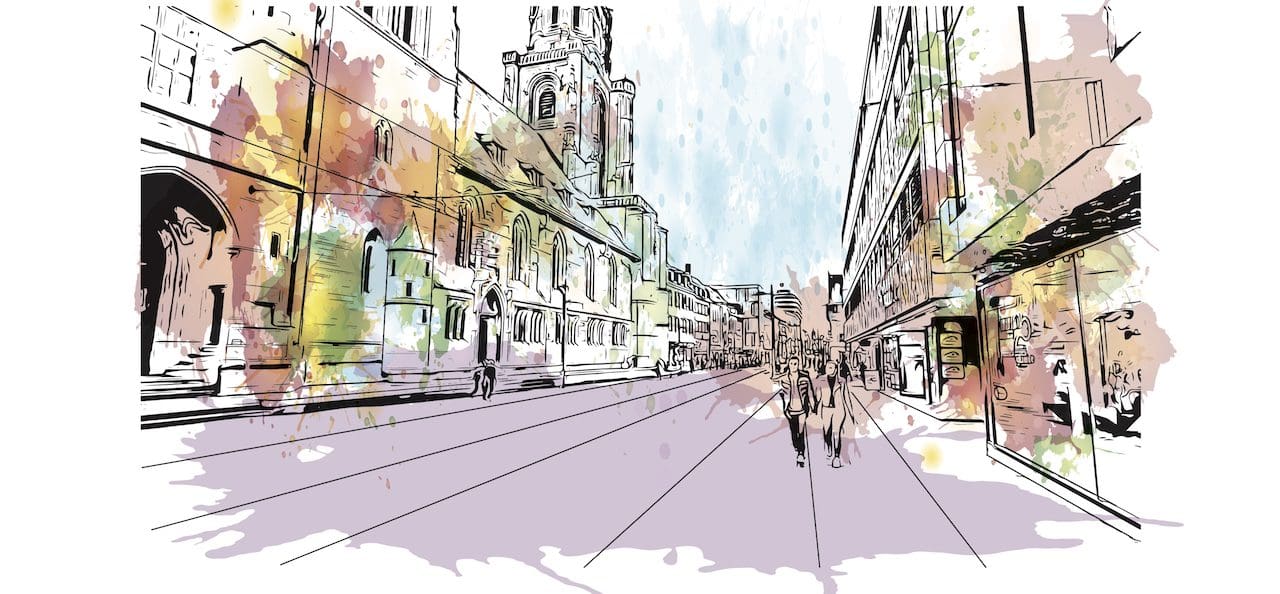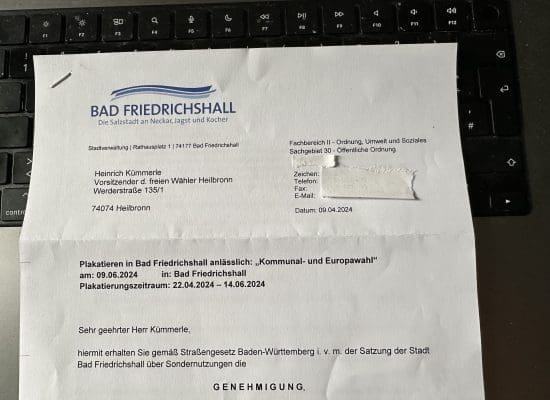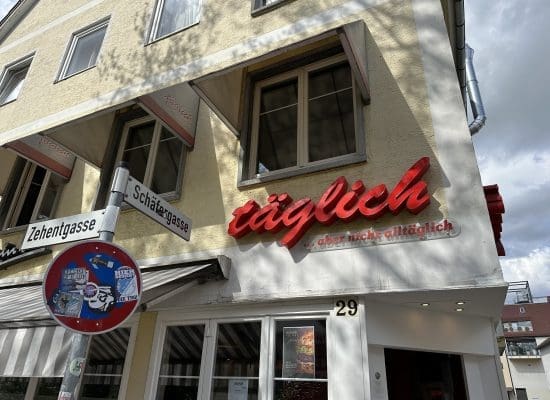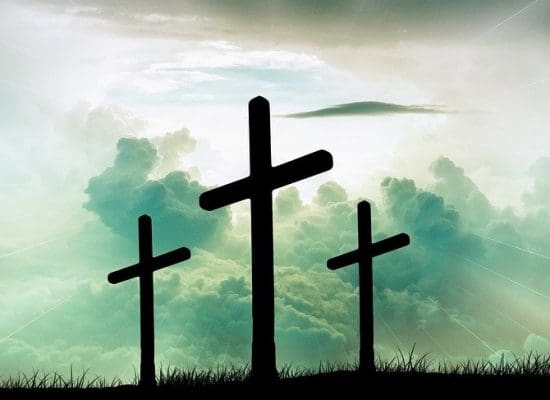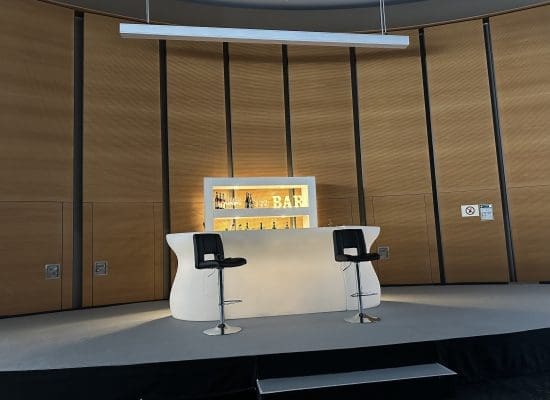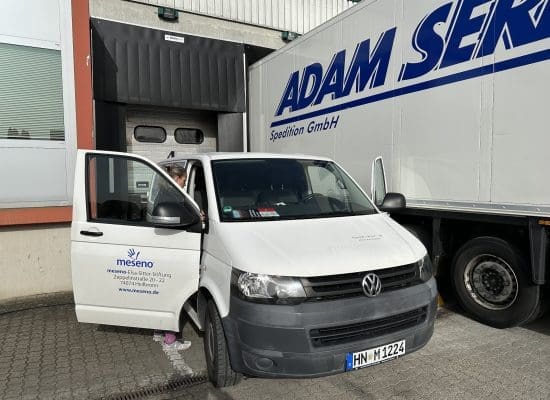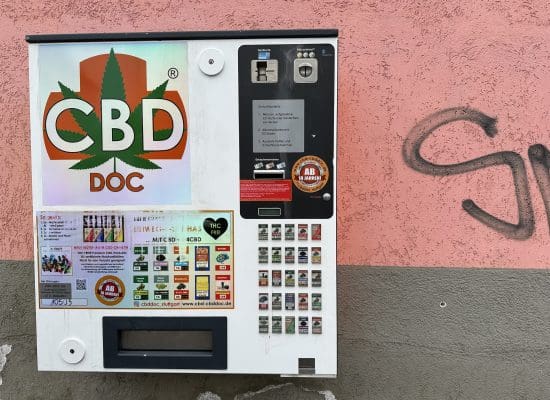Kaiserstrasse | © Shutterstock
Table of Contents
Transnational Lists
A topic that has been discussed in Europe for a long time and has already led to major upheavals in some associations. Unfortunately, this topic - like many other topics with a clear European connection - has so far hardly been noticed by the European public.
In the meantime it has also become an issue in interparliamentary talks and at the conference on the future of Europe. And on January 26, 2022, the Constitutional Committee of the European Parliament should also vote on this, which, however, as we learned during the event, has now been postponed.
In the run-up to this vote, the EUROPA-UNION organized a corresponding information and discussion event for the general public today, at which the respective party representatives and other experts from the academic field discussed the goals, advantages and disadvantages of transnational lists with us citizens .
I was very pleased that not only all the relevant experts on the subject, but a good 150 participants in total were there.
In any case, this conference was a good opportunity to get detailed information about the facts or to get up to date again.
There is hardly a faster and more convenient way to keep yourself informed about current European topics.
gas flows
That Wladimir Putin seriously and because of the Ukraine — maybe also because of the Nord Stream II situation — slowly but surely turning off the gas tap in Europe was to be expected. So we can be happy that this winter is not too hard. Only the left, the SPD and the AfD, as well as a few hired MPs from the other parties, still cling to the myth that dictators and aggressors are keeping treaties.
I've been waiting for days for such an expert to warn us that the Russians were still supplying gas when we Germans invaded the Soviet Union in 1941.
The fact is, however, that the gas is now flowing from Germany towards Poland and other Eastern European countries (Reuters) and Kadri Simson, the EU energy chief, wants to travel to the US and Azerbaijan at short notice to secure additional gas for the EU.
That also coincides with that Business week report, according to which more than 30 US tankers are already bringing liquid gas to Europe.
But perhaps the whole problem is still due to the fact that people in Eastern Europe continue to like to regulate the room temperature with windows and doors and are then reluctant to pay the corresponding gas bill themselves; then again I could even understand the Russian companies if they no longer want to deliver.
Automatic clutch
The week has gotten off to a good start, and not just for railway enthusiasts, because according to our federal government, freight trains in Europe should be fitted with automatic couplers by 2030. And this according to the current one coalition Agreement (2021: 50): "We want to accelerate the introduction of the digital automatic coupling." Anyone who has ever admired a Märklin railway in their youth has certainly been convinced of the idea for a while.
The advantage for everyone is obvious. Rail freight transport can become simpler and faster, not only saving time, infrastructure and personnel, but also helping to reduce the burden on the environment - if we humans then use these advantages.
The costs are immense, as a good 500 wagons and locomotives across Europe have to be converted accordingly. A few years ago, up to 000 billion euros were expected if the project were to be rolled out and introduced in Europe in one fell swoop. Probably the reason why this action was put off for years - macroeconomic thinking has never been the strength of politics.
So now the power of the factual strikes again, because all railway companies are short of employees, at least those who still want to lend a hand, and the environmental protection goals that politicians have set themselves must somehow be met.
So it's a win-win situation for both sides (railway companies & politicians) when the taxpayer jumps into the scuttle and pulls the coals out of the fire. It is also quite logical that the future annual savings of at least 1 billion euros in operating costs will be distributed by the relevant railway companies as profits to their shareholders ("The railway companies will continue to operate in a market- and profit-oriented manner in competition." — Coalition Agreement, 2021: 50) .
But you shouldn't complain, because in future old people will be reminded of their own youth with a Märklin railway when they see freight trains - and good memories have always been a bit expensive.
birthday of the day
ETA Hoffman
